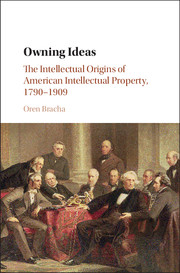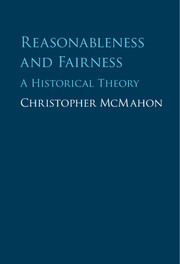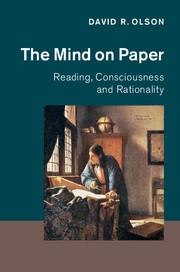Forthcoming from Routledge Press: The Secret Origins of Comics Studies (Matthew Smith and Randy Duncan, eds., 2017). Here from the publisher's website is a description of the book's contents.
In The Secret Origins of Comics Studies, today’s leading comics scholars turn back a page to reveal the founding figures dedicated to understanding comics art. Edited by comics scholars Matthew J. Smith and Randy Duncan, this collection provides an in-depth study of the individuals and institutions that have created and shaped the field of Comics Studies over the past seventy-five years. From Coulton Waugh to Wolfgang Fuchs, these influential historians, educators, and theorists produced the foundational work and built the institutions that inspired the recent surge in scholarly work in this dynamic, interdisciplinary field. Sometimes scorned, often underappreciated, these visionaries established a path followed by subsequent generations of scholars in literary studies, communication, art history, the social sciences, and more. Giving not only credit where credit is due, this volume both offers an authoritative account of the history of comics studies and also helps move the field forward by being a valuable resource for creating graduate student reading lists and the first stop for anyone writing a comics-related literature review.






